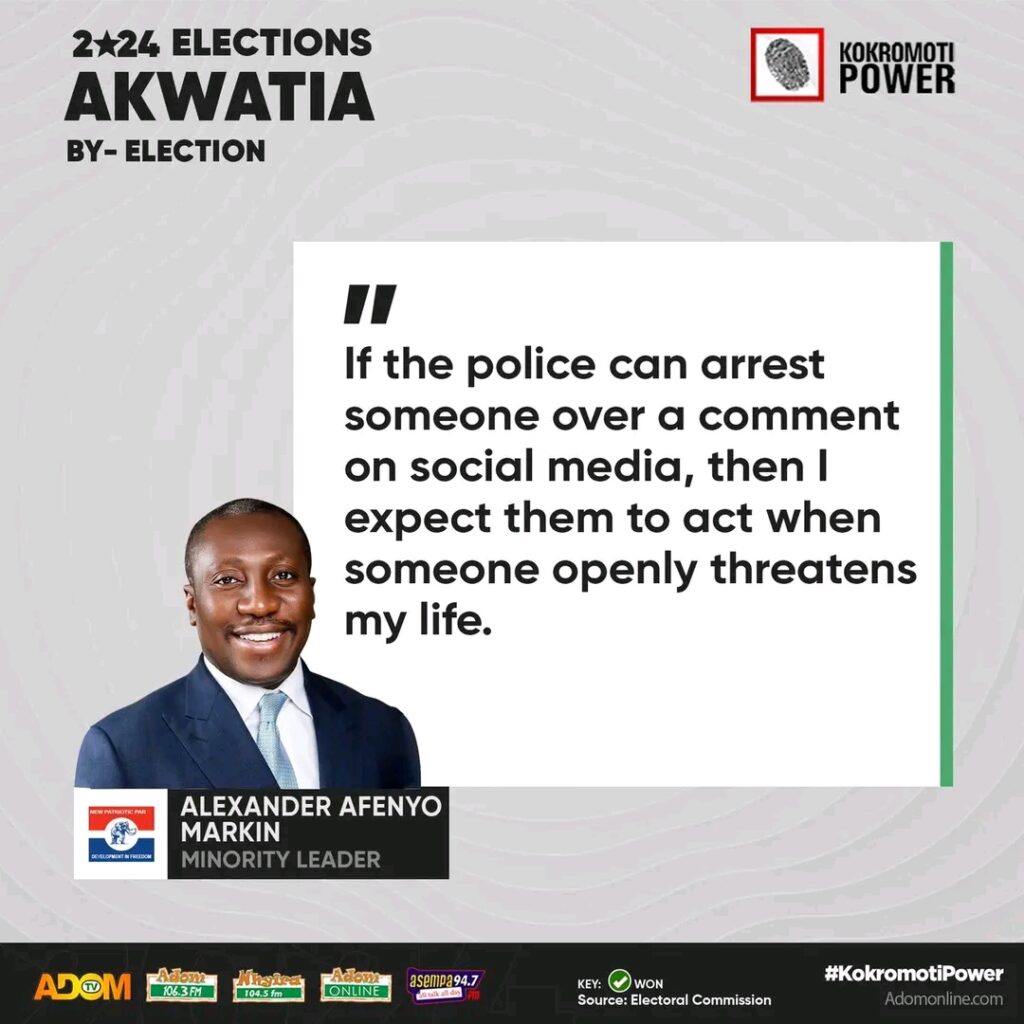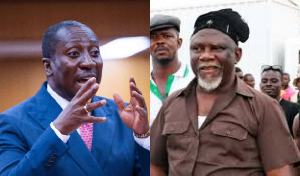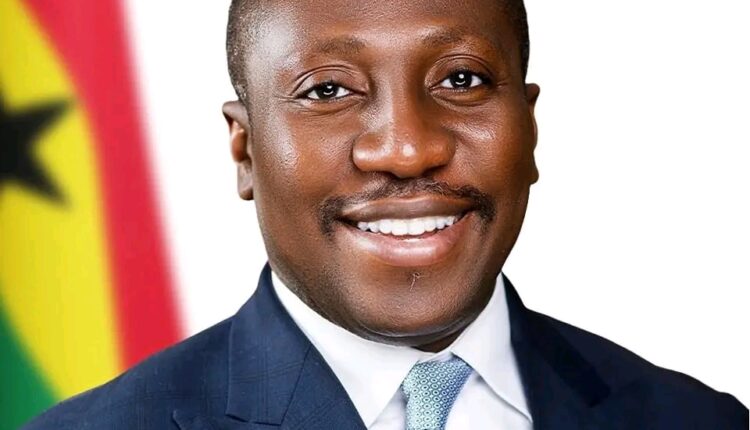Afenyo Markin – If Police Can Arrest Social Media Commentators, They Can Arrest Those Who Threaten My Life
Afenyo Markin – Police Arrest Social Media Comment; Minority Leader Alexander Afenyo Markin demands police action after a public death threat, questioning the consistency of laws on social media comments versus real-world threats.

police arrest social media comment; Minority Leader Alexander Afenyo Markin demands police action after a public death threat, questioning the consistency of laws on social media comments versus real-world threats.
Minority Leader, Afenyo Markin – Demands Police Action After Public Death Threat
Ghana’s Minority Leader has publicly challenged the police. Alexander Afenyo Markin wants action against a death threat. The threat came from a campaign flyer. It was for the Akwatia by-election. He contrasts this with police arrests. His statement raises urgent questions. It is about legal consistency. It also questions the prioritization of different threats.
We are not afraid of the death threats of Azorka, for we are resolute in our efforts to ensure that victory is chalked
— Minority Leader Afenyo-Markin pic.twitter.com/5vdMsDLN3T
— Nαɳα Kɯαɱҽ (@NanaKwame_off) September 2, 2025
The Context : A High-Stakes By-Election
Firstly, it is essential to understand the environment in which this threat occurred. The incident is tied to the heated campaign for the Akwatia by-election, a political event known for its fiercely competitive nature. Moreover, high-stakes elections often amplify political tensions, sometimes leading to unacceptable aggression and intimidation. During such volatile periods, public figures particularly become targets for threats, making robust police protection absolutely critical for maintaining democratic integrity.
A Question of Legal Consistency and Priority
His argument highlights a perceived bias in law enforcement practices. He observes that police actively monitor social media and often arrest users to prevent tribal hatred and maintain public order.

Yet, Markin points to a glaring inconsistency: while online threats are treated severely, a direct threat made against him personally was ignored. This discrepancy, he argues, undermines public trust and may encourage impunity, as people might believe they can threaten powerful figures without consequences.
The Broader Implications for Public Safety and Democracy
Additionally, this situation extends far beyond a single personal threat. It touches on the core principles of safety and democratic participation. When political leaders are not adequately protected from harm, it directly chills political discourse and can deter qualified individuals from entering public service. Ultimately, ensuring the safety of all citizens, especially those in the public eye, is a fundamental duty of the state. A failure to do so effectively can destabilize the very foundations of a peaceful democratic process.
A Call for Equal Enforcement and Transparency
In light of these events, Alexander Afenyo Markin’s statement serves as a crucial call to action. This situation demands that the Ghana Police Service apply the laws governing threats and intimidation equally. This principle must hold regardless of whether the medium is digital or physical. Consequently, the public now rightly expects a transparent response from the authorities.
They also expect a decisive investigation into this specific threat against the Minority Leader. Ultimately, only consistent enforcement of the law can truly uphold justice. Furthermore, this impartiality is essential for maintaining public confidence in our institutions.
Afenyo Markin



